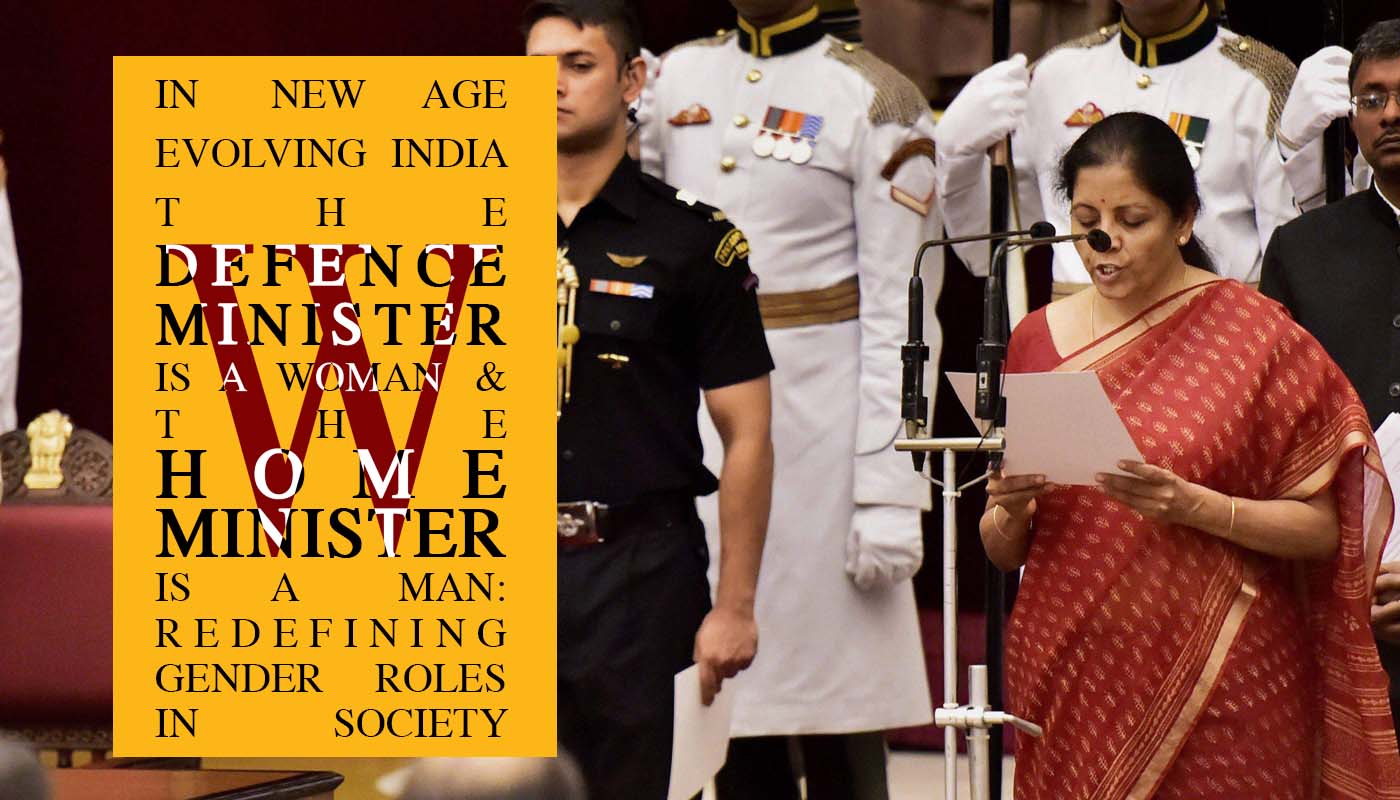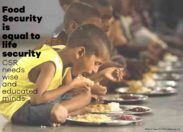On January 21, 2017 when the whole nation was busy in its daily chores, women from across 30 cities like Mumbai, Delhi, Hyderabad, Nagpur, Ranchi and Thrissur walked the streets in solidarity against sexual harassment and misogyny and to reclaim women’s rights to safe public places. Their posters read – “Public – of all us, public places for all of us, I will go out”. While such protests are a common site in bigger cities like Delhi and Mumbai, what makes this movement different is the response it got from the smaller districts.
Such movements reflect the modern spirit of women empowerment in India. Women empowerment is a universal phenomenon in modern world and India is no exception to it. Indian women are doing excellent in all fields of development and are coming forward occupying pivotal places in political, social and economic fields. There are numerous such women who have reclaimed their space in arenas, earlier considered too contemporary for women.
Indian women were bound by socio-cultural norms since historical times. The caste driven, patriarchal Indian society have put more barriers to obstruct women development than other societies. Women along with the backward and Dalits were the main focus of socio religious reforms. Women did actively participate in the national movement. During pre-independence era, women like Savitri bai Phule, Sarojini Naidu and Kamal Devi Chattopadhyay set the path for women liberation on for the later periods.
In present India, women are marching towards new age reforms. They are excelling in every field, challenging the conventional traditional norms. They are coming to the fore in social, political, economic and cultural arena.
With the passing of 73rd Amendment Act in 1992, women leaders are emerging at the grass-root levels. Today, there are more than 1.5 million local women leaders in the panchayats, who are transforming the grass-root level political equation.
Women are marching ahead and making their presence felt in the military and armed forces, which are predominantly one of the world’s male dominated professions. In recent years, India has been taking steps to overcome gender barriers in its armed forces by enabling women to serve on board submarines, in ground combat positions and tank units. Women in border Security force (BSF) are guarding at borders in tough and hostile situations. Recently, the home ministry planned to raise an all women India Reserve Battalion (IRB) in J&K. What more can we say when Indian Prime Minister Narendra Modi appointed Nirmala Sitharaman as defence minister as part of a cabinet reshuffle, as he seeks to get economic growth back on track and modernise the armed forces before national elections in 2019.
Sitharaman, 58, who was promoted from being a junior trade minister, becomes the first female defence minister since Indira Gandhi was in charge of the department when she was prime minister 35 years ago. Ms Sitharaman described her appointment as a reflection of the growing status of women in Indian society.
Women march towards new heights is not free of barriers and hindrances. It is been observed that there are only a section of women who are coming ahead. Majority of women living in rural areas are carrying the burden of poverty and illiteracy. Because of their ignorance, they accept the exploitative characters of their male partner as normative. Recently released National Institute ranking Framework (NIRF) by MHRD highlighted that despite a large number of women graduates and post graduates, the number of women professors in colleges is disappointing.
“Now we should move away from women development and move towards women led development”
Necessary steps should be taken to facilitate the journey of women led development. Women reservation bill should be passed to have significant number of women in Parliament and state legislature. More than laws and reservations, women NEED OPPORTUNITIES. The condition of women is better in North east and south than the North West India. This is because of opportunities of education on health and decision making, which they are given in abundance.
It can be said that Indian women, despite several hurdles are marching to write their success stories. Making this march is not the sole responsibility of the government. In fact, it is a collective effort of the government and non-government institutions and society at large to provide our women the right opportunities to excel.
jnicsr #jnicsrtimes #nikhilkumarsarojaz
www.jnicsr.com | www.jnicsrtimes.com







Leave a Reply